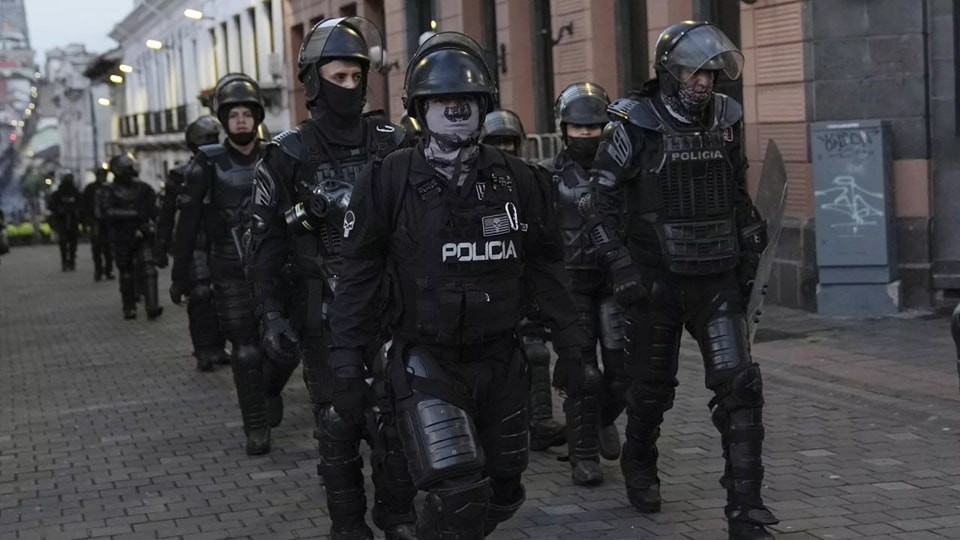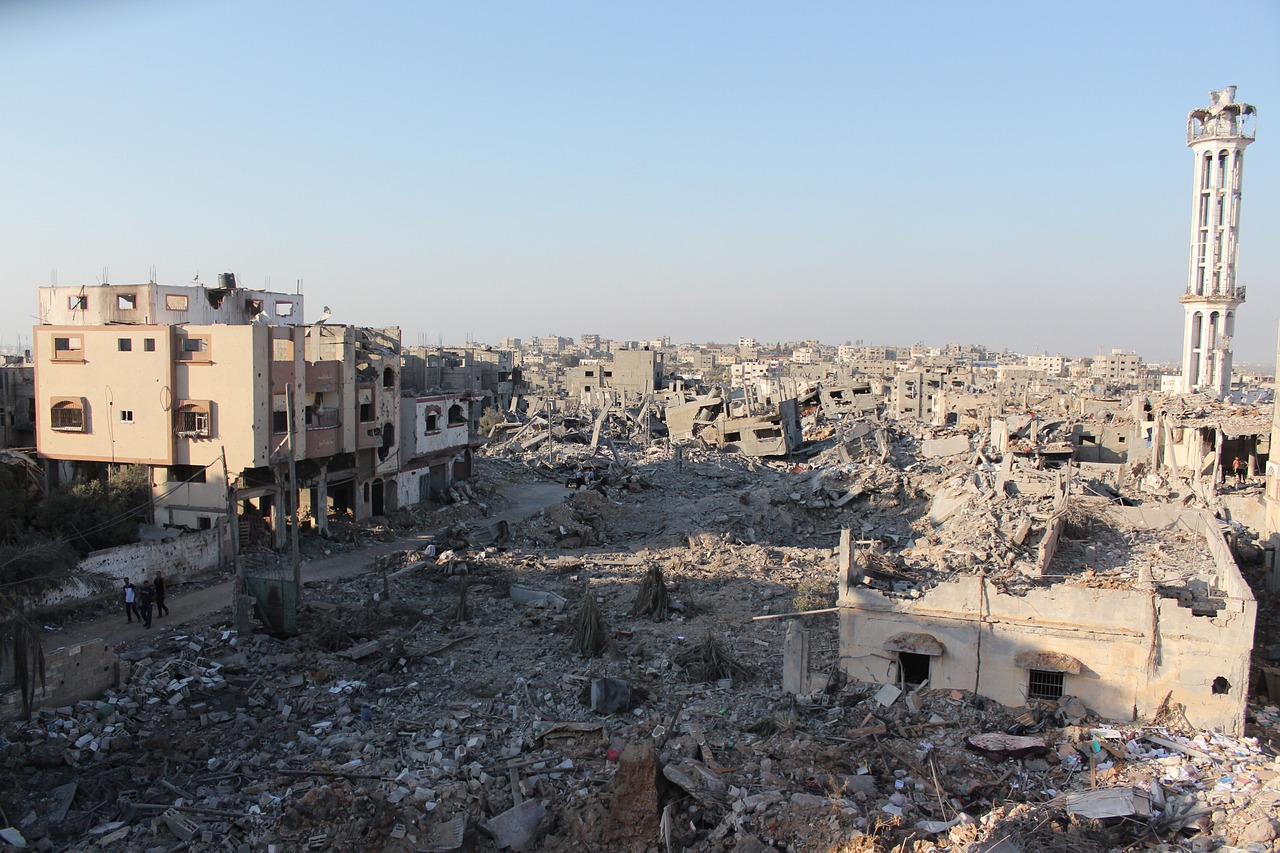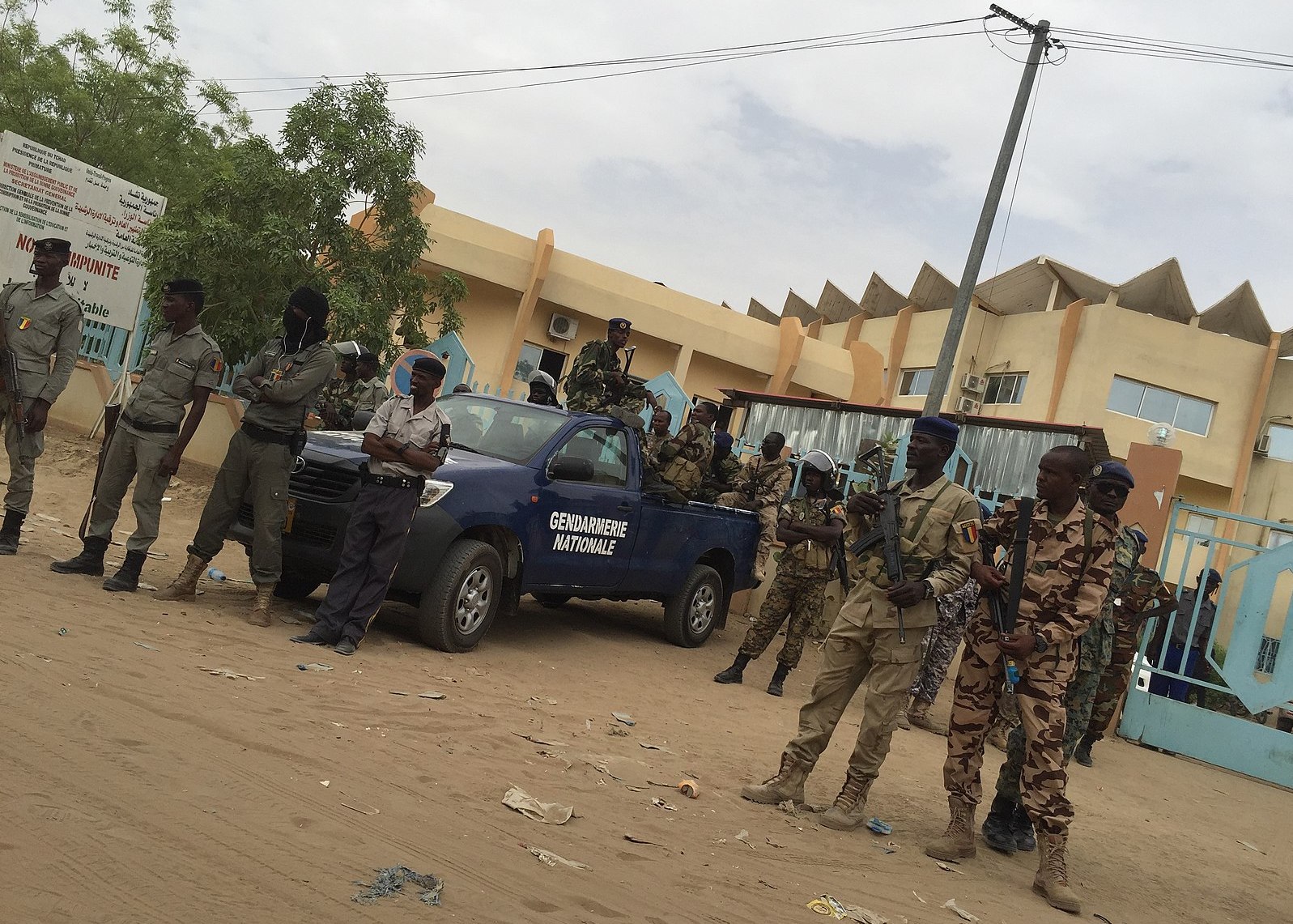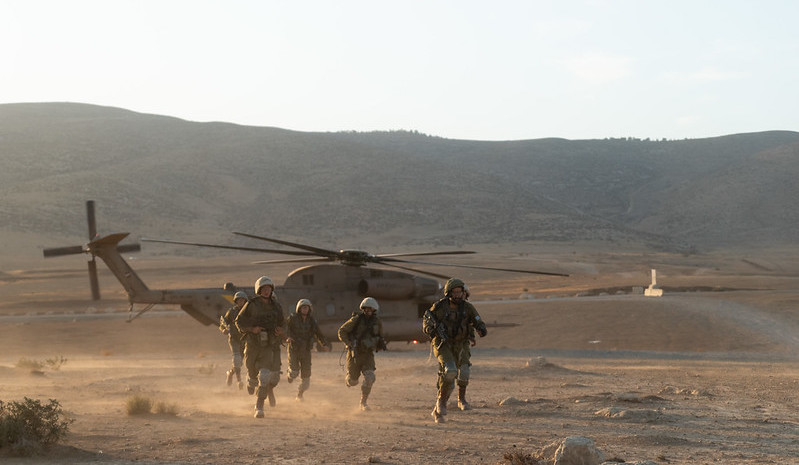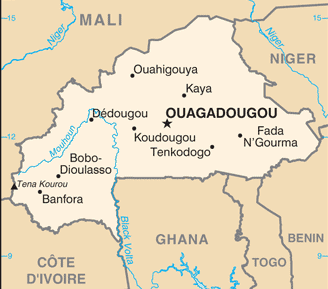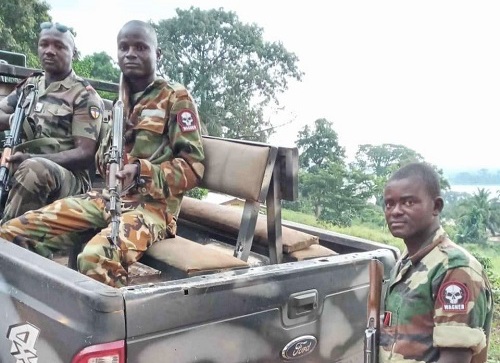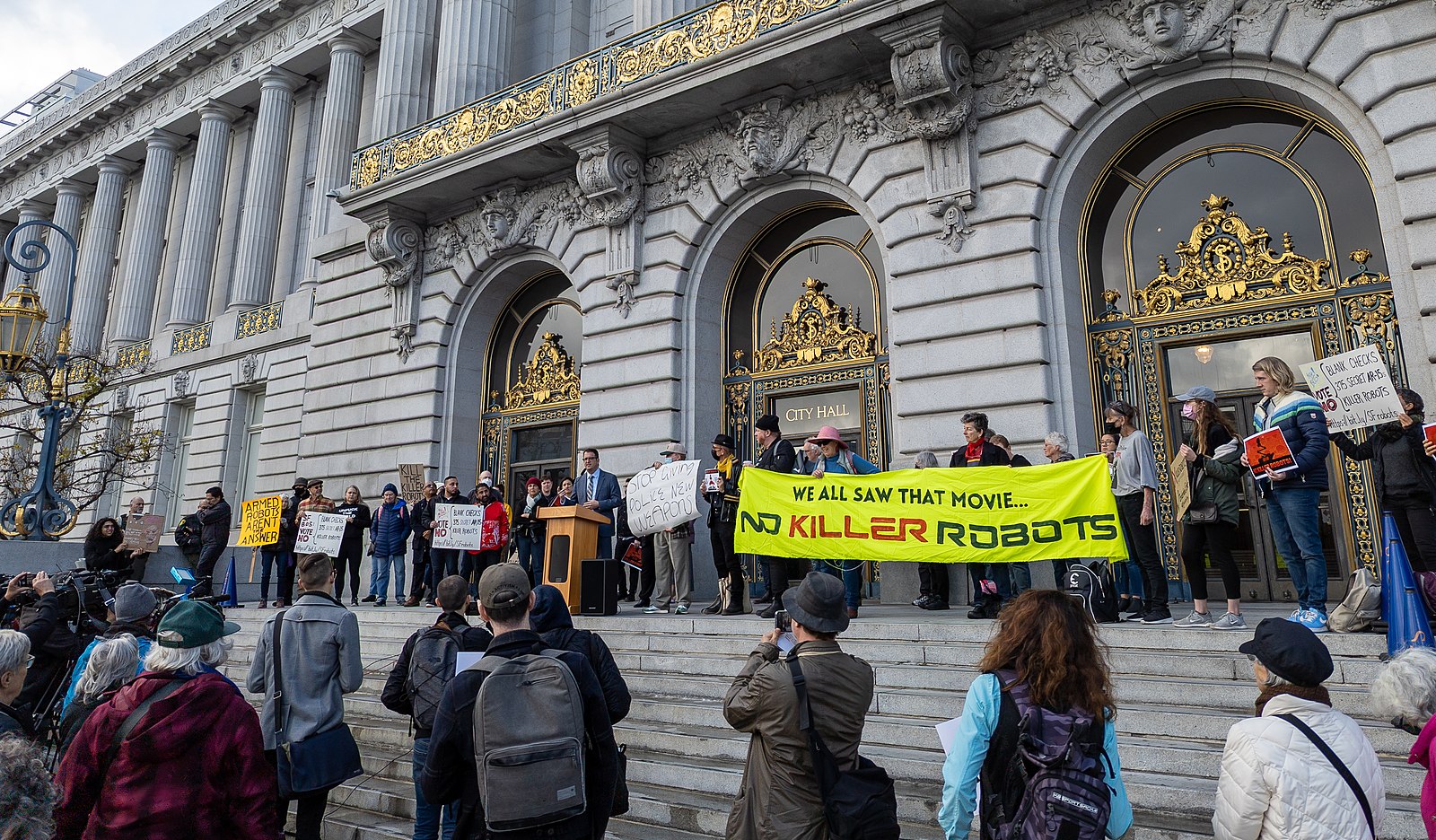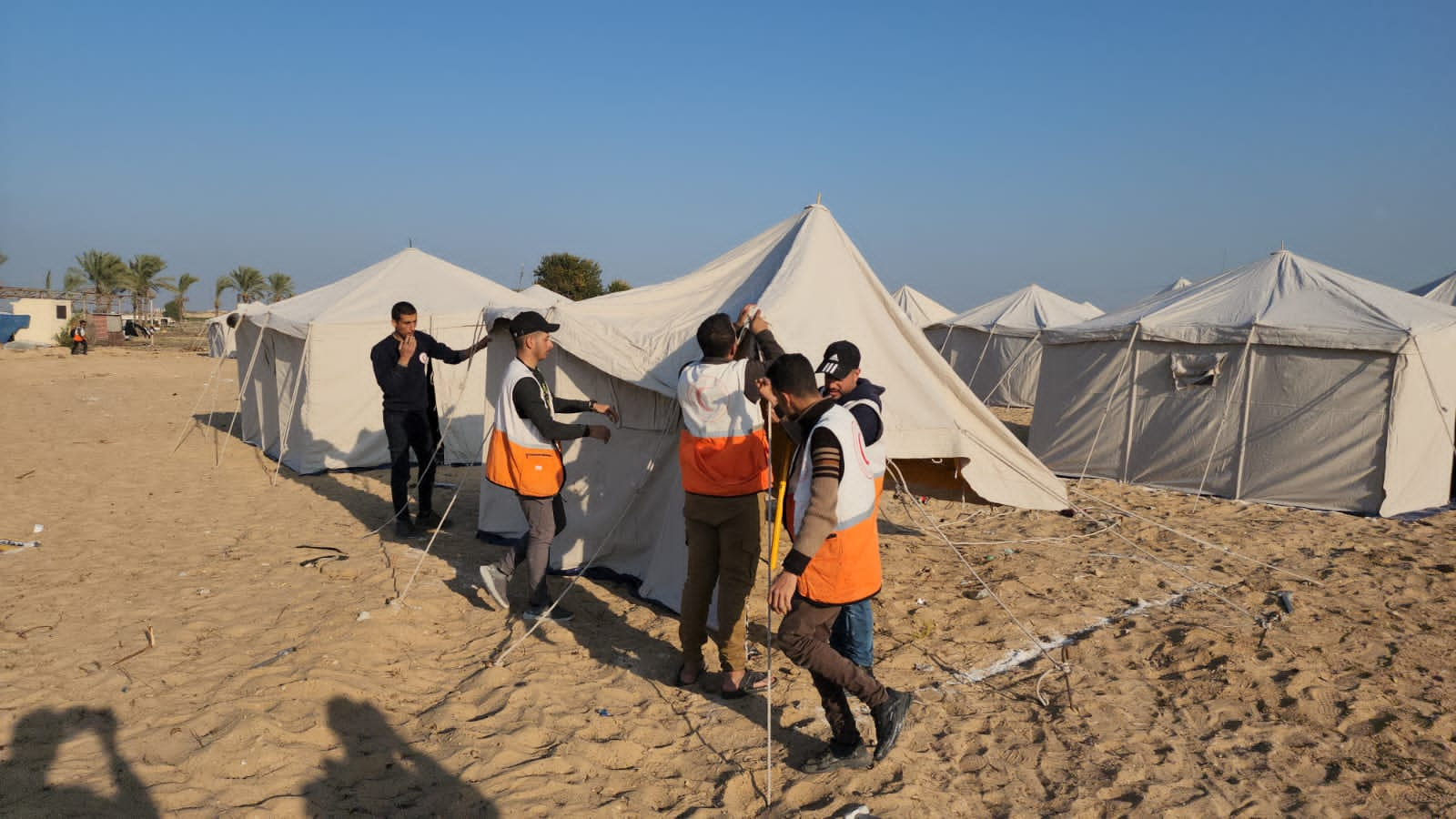
Hamas accepts ceasefire; Israel strikes Rafah
Hamas has announced that its leaders have told Egyptian and Qatari mediators that they accepted the most recent Gaza ceasefire proposal. Israel’s war cabinet responded by voting to continue the planned military operation in Rafah, and the IDF announced air-strikes on targets in the southern Gaza city. The strikes came as Palestinians in Gaza were celebrating Hamas’ announcement, and Israeli protestors joined families of the hostages to demand that Israel accept the deal. (Image: Workers set up tents donated by the Qatari Red Crescent in al-Mawasi, an Israeli-designated “safe zone” in Gaza. Credit: Mohamed Soulaimane/TNH)



